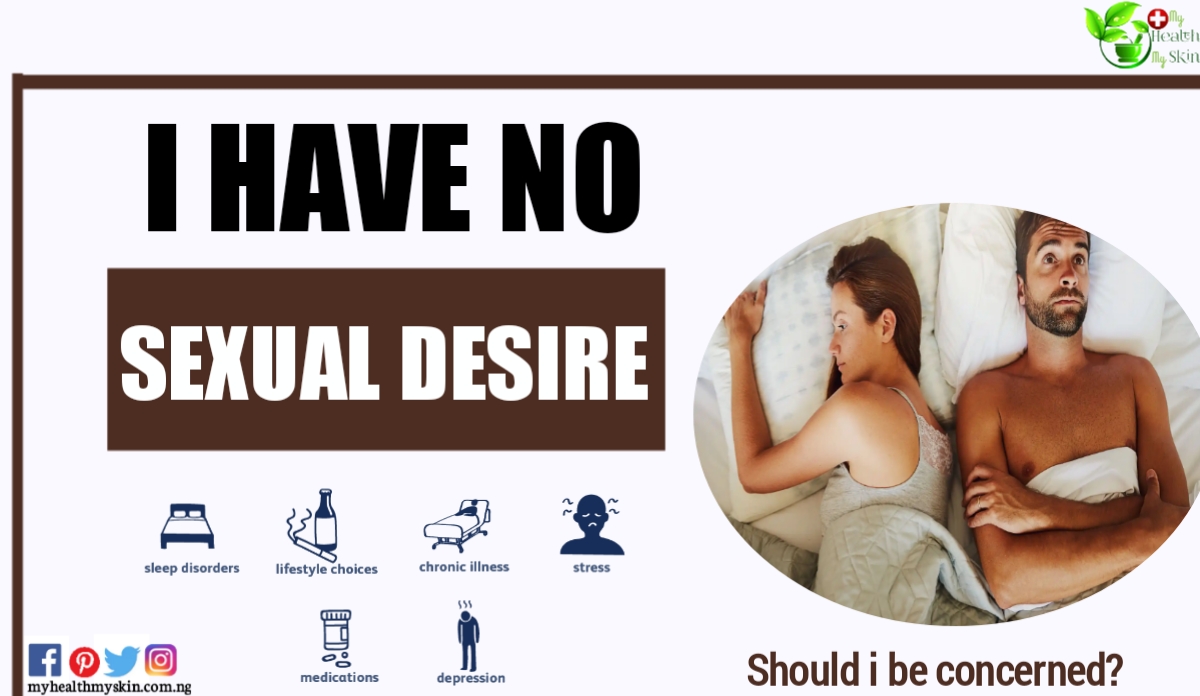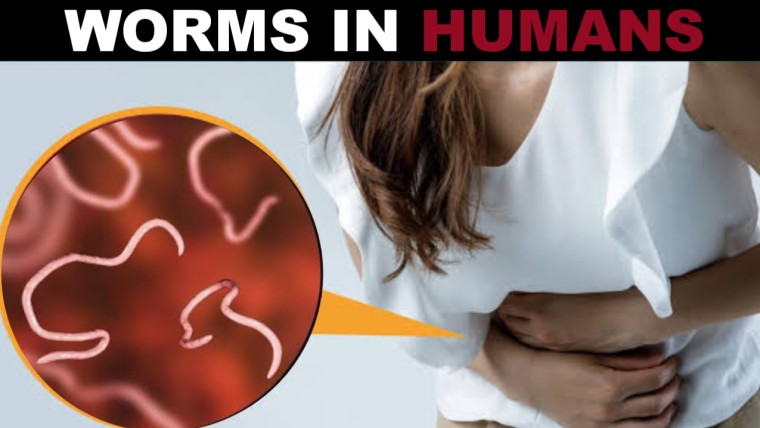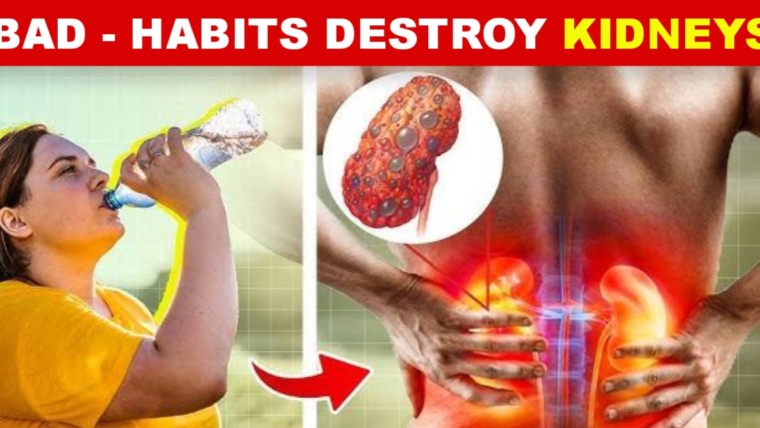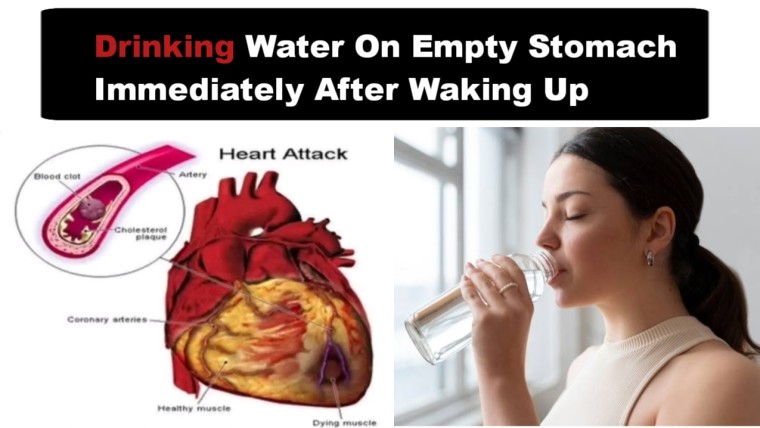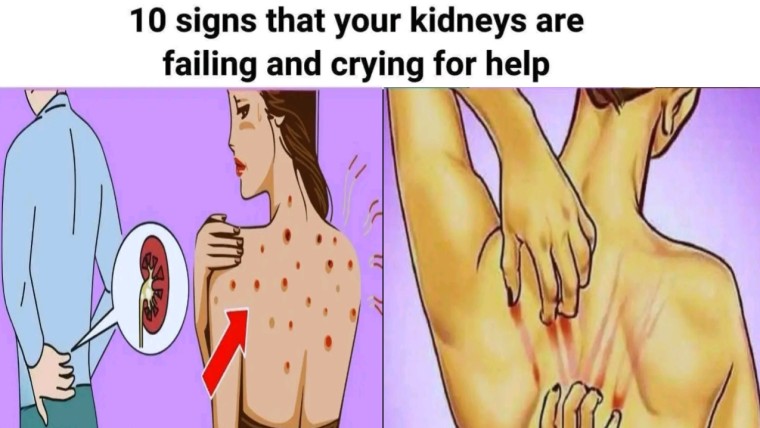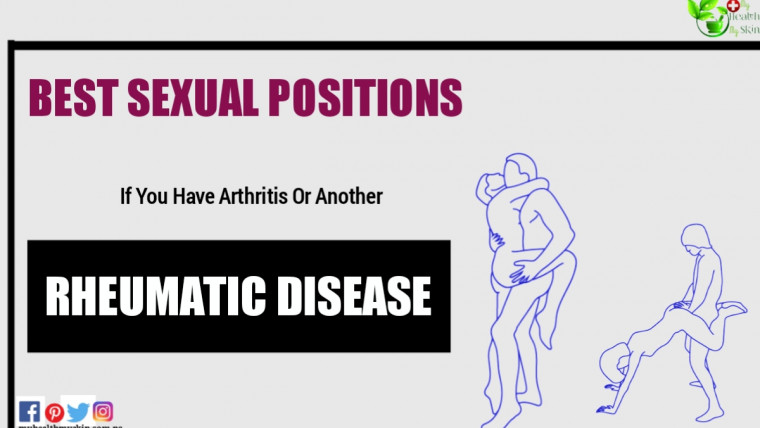The sexual desire occurs when the brain perceives a given stimulus as sex, a circumstance that changes throughout life; as José Manuel Valverde, a member of the Spanish Society of General and Family Physicians (SEMG), tells MyhealthMyskin.
The factors behind the loss of sexual desire range from the purely physical or biological to the purely psychological.
“These changes (in sexual desire) sometimes occur at the beginning or end of relationships, with changes in life and with physical or mental pathologies,” clarifies this Family doctor with a master’s degree in Sexology.
Therefore, the factors that affect the desire to have sexual relations vary from the purely physical or biological to the psychological elements.
For her part, Silvia C. Carpallo, sexologist and author of the book Sex to be Happy, makes it clear that in order to talk about sexual desire, it should first be clarified that there are two types of desire.
“There would be the first type, which is equivalent to that desire that they appear spontaneously, especially at the beginning of a relationship, and which lead us to look for a lover or partner in search of contact.
Over time, and especially in the case of women, this desire varies to a second type in which this desirethey do not always appear initially.
But it is through contact with the partner, sought, when that desire begins to emerge, even sometimes after the excitement, ”explains Carpallo, who highlights that in this type of desire sometimes the body reacts before the mind.
Both experts consulted by CuídatePlus agree that sometimes sexual desire changes due to different circumstances or the stage of life in which we find ourselves, which does not mean that it has disappeared, it may only be hidden and it is necessary to actively search for it.
“Sometimes we forget that just like the emotional part of the relationship, the sexual part also involves work,” says Carpallo and continues.
“That is why many couples are overwhelmed when they say that they no longer have the desire they used to, instead of understanding that the desire varies and that it is possible to work on that aspect of their relationship as they do with others”.
Psychological Causes Of Lack Of Sexual Desire
Regarding the emotional and psychological aspects that most affect sexual desire, both Valverde and Carpallo argue that among the most prominent are couple conflicts.
For the member of the SEMG, these are usually the most common if we put aside the physical pathologies that can affect sexual activity due to the psychological background that the lack of connection has, unresolved fights, poor communication when we talk about needs and sexual preferences with the other and trust problems , sometimes due to infidelity on the part of the partner.
In this sense, Carpallo points out that there are other situations that can inhibit sexual desire such as stress or other more complex situations when there aretraumas associated with sexual abuse or an uncomfortable situationthat entails blocking one’s own sexuality.
“Sometimes what blocks our desire is a problem with our self-esteem, which does not allow us to lose inhibition in the sexual act and, therefore, we do not experience it as something positive, or even that there is some difficulty such as pain in penetration, or doing it almost by imposition that, once again, leads us to live the experience as something negative, and therefore, the interest in repeating it disappears, ”this sexologist details.
At this point, Valverde signs that mental health problems, such as the depression or anxiety , directly affect health, like stress, sexuality being the first area to be altered. In his opinion, other elements that affect sexual desire are problems of self – esteem or conflicts with body image , including changes during pregnancy, a history of physical or sexual abuse and the fact of having negative sexual experiences in the past.
Physical Causes Of Lack Of Sexual Desire
There is no doubt that sex and sexual desire have a large mental component, however, there are other physical and biological circumstances that include sexual activity.
In this regard, Carpallo emphasizes that the most frequent is menopause due to hormonal changes and how they alter desire.
“Sometimes what happens is that the lack of lubrication, the lack of acceptance of body changes, etc., they influence sexual satisfaction and thereforethe desireto repeat the experience if we no longer live it as before”, he clarifies.
Regarding hormonal changes, Valverde emphasizes thatpregnancy and breastfeedingare other times when desire can change.
In addition, this sexologist assures that the medications also alter sexual desire, specifically, those indicated for depression, epilepsy and the oldest versions of contraceptives.
In this regard, Valverde agrees that the role of antidepressants and recalls that pain during sexual intercourse or the lack of orgasms are other elements that can decrease sexual desire.
And what diseases can alter sexual activity?
“Many non-sexual diseases can affect sexual desire, such as arthritis, cancer, diabetes, high blood pressure, coronary artery disease and neurological diseases,” Valverde responds.
Likewise, this Family doctor assures that “surgeries related to the breasts (mastectomies) or the genital apparatus can affect body image, sexual function and sexual desire”.
Determine The Origin, Key To The Solution
As the lack of sexual desire can be caused by different factors, the solution will always be to know what triggers it and, depending on each case, it will be necessary to consult a specialist.
At this point, Carpallo recommends that if the sexual alteration is associated with a physiological element, it will be necessary to consult with a gynecologist, the specialist who takes our treatment or even our Primary Care doctor and, if the person identifies that the change is due to elements Of a personal nature such as a change at work, a complex family situation or a conflict with your partner, it will be necessary to consult a sexologist.
On when to go to a specialist, Valverde comments that in general sexual problems are approached very rarely in the consultations of Family doctors since patients transfer them more easily to gynecologists and urologists.
“A good training in sexology for our family doctors would be the best way for many of these problems to be addressed in an early and effective way.
Sexual health is part of people’s global health”, claims the SEMG spokesperson. To see more post on Physical & Mental Health click here.
